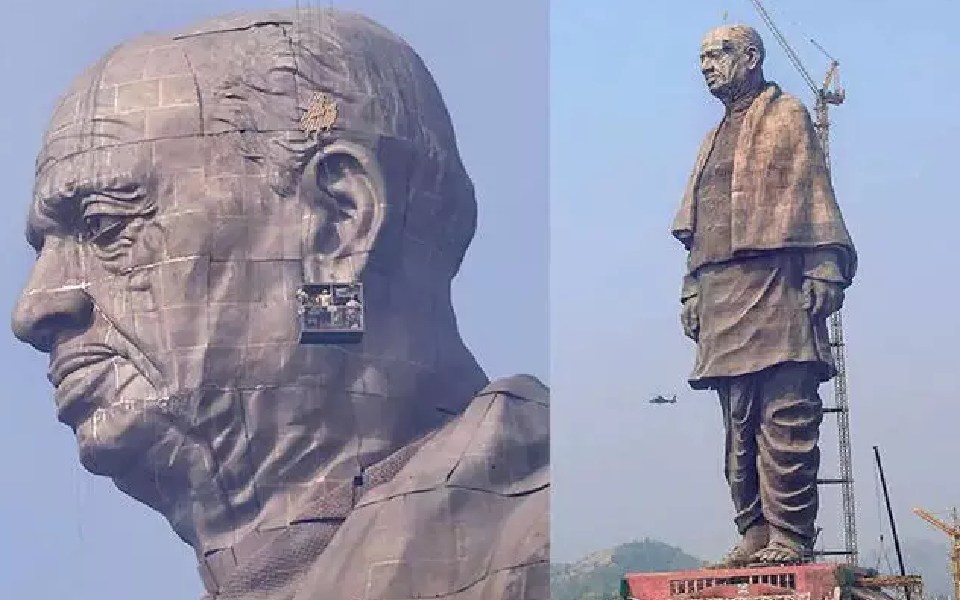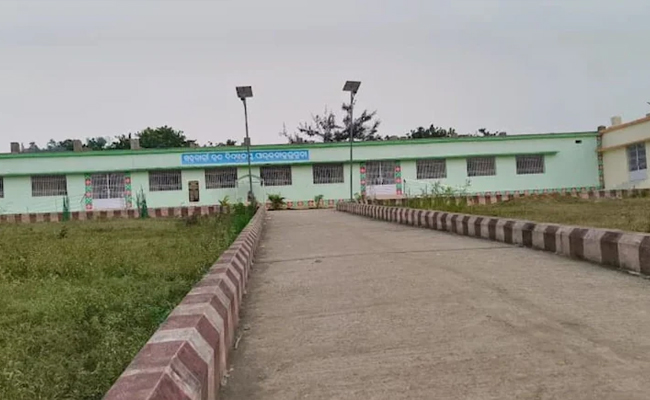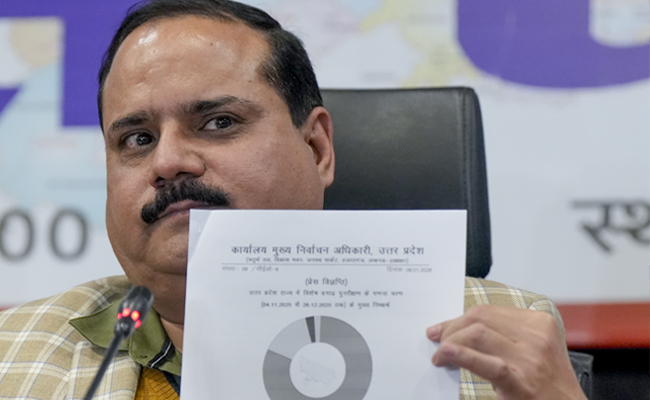Kevadia (Guj), Sep 10: The police have registered a case against an unidentified person after a post on social media platform X claimed that "cracks" have started appearing on the Statue of Unity in Gujarat and it can "fall anytime", an official said on Tuesday.
The 182-metre tall statue, built at Kevadia in Narmada district as a tribute to Sardar Vallabhbhai Patel, the first home minister of independent India, is a major tourist attraction.
A post written in Hindi on the handle "RaGa4India" at 9.52 am on September 8 stated that the statue "can fall anytime as cracks have started appearing on it".
The post also carried an old photograph of the structure, which appeared to be from the time of its construction.
The post is unavailable for viewing as the X user has since deleted it.
A case was registered under section 353 (1) of the Bharatiya Nyay Sanhita (BNS) pertaining to making, publishing or circulating any statement, false information, rumour, or report, etc, to cause fear or alarm to the public, the official said.
The FIR was registered based on a complaint by Abhishek Ranjan Sinha, deputy collector, unit-1, Statue of Unity Area Development and Tourism Governance Authority, he said.
"By spreading such false news, an attempt has been made to create fear among the people and to disturb the peace," the FIR stated.
The statue, inaugurated by Prime Minister Narendra Modi in October 2018, sees heavy footfall of tourists.
Let the Truth be known. If you read VB and like VB, please be a VB Supporter and Help us deliver the Truth to one and all.
Bhubaneswar (PTI): The Odisha government on Tuesday halted the salaries of five teachers and issued show-cause notices to other staff of a state-run high school in Rayagada district, a day after four students sustained severe burn injuries in a fire incident on the premises of the institute.
School and Mass Education Minister Nityananda Gond told PTI that he has directed the department secretary to submit a detailed report on the incident and ordered a departmental inquiry to ascertain negligence, if any.
The students suffered burn injuries while playing around a fire during school hours.
ALSO READ: Kerala to launch school health programme to promote child well-being
“The department has stopped the salaries of five teachers and issued show-cause notices to other staff members in connection with the incident,” he said.
The minister said that further action would be taken against teachers or staff if negligence in duty was established.
School and Mass Education Secretary N Thirumala Naik said three of the injured students were undergoing treatment at a hospital in Rayagada, while one critically injured student has been shifted to SCB Medical College and Hospital in Cuttack.
The school headmaster had lodged a complaint at Muniguda police station on Monday. Police have recorded statements of the injured students, officials said.
According to preliminary findings, the incident occurred when a classmate of the injured students allegedly threw colour thinner, an inflammable substance, onto a fire that had been lit by the students on the school building’s balcony.
Muniguda police station in-charge inspector Saudamini Behera said the students were playing on the school roof around 2 pm on Monday when they found a bottle of thinner stored there.
They allegedly poured it on the floor and set it on fire using a matchstick. One of the boys later added more thinner, causing the flames to flare up and injure four students, she said.





